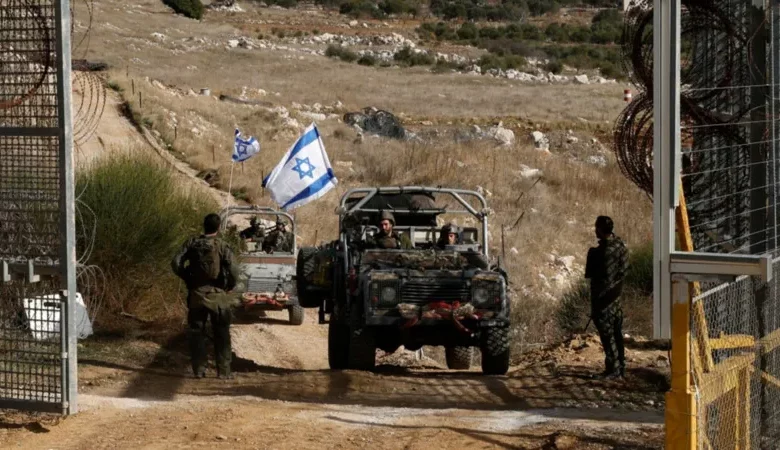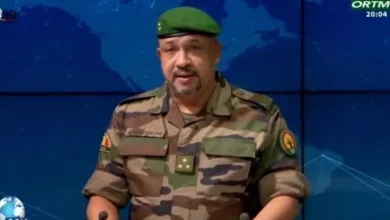Israel plans to expand Golan settlements after fall of Assad


Israel’s government has approved a plan to encourage the expansion of settlements in the occupied Golan Heights.
Prime Minister Benjamin Netanyahu said the move was necessary because a “new front” had opened up on Israel’s border with Syria after the fall of the Assad regime to an Islamist-led rebel alliance.
Netanyahu said he wanted to double the population of the Golan Heights, which Israel seized during the 1967 Six-Day War and is considered illegally occupied under international law.
Israeli forces moved into a buffer zone separating the Golan Heights from Syria in the days following Assad’s departure, saying the change of control in Damascus meant ceasefire arrangements had “collapsed”.
Despite the move, Netanyahu said in a statement on Sunday evening that Israel has “no interest in a conflict with Syria”.
“We will determine Israeli policy regarding Syria according to the reality on the ground,” he said.
There are more than 30 Israeli settlements in the Golan Heights, which are home to an estimated 20,000 people. They are considered illegal under international law, which Israel disputes.
The settlers live alongside some 20,000 Syrians, most of them Druze Arabs who did not flee when the area came under Israeli control.
Netanyahu said Israel would “continue to hold on to [the territory], make it flourish and settle it”.
The announcement comes a day after Syria’s new de-facto leader Ahmed al-Sharaa criticised Israel for its ongoing strikes on military targets in the country, which have reportedly targeted military facilities.
The UK-based Syrian Observatory for Human Rights (SOHR) has documented more than 450 Israeli air strikes in Syria since 8 December, including 75 since Saturday evening.
Al-Sharaa – also known as Abu Mohammed al-Jolani – said the strikes “crossed red lines” and risked escalating tensions in the region, though he said Syria was not seeking a conflict with any neighbouring state.
Speaking to Syria TV, which was seen as pro-opposition during the civil war, al-Sharaa said the country’s “war-weary condition, after years of conflict and war, does not allow for new confrontations”, Reuters reported.
The Israel Defense Forces (IDF) has not commented on his remarks, but previously said the strikes were necessary to stop weapons falling “into the hands of extremists”.




